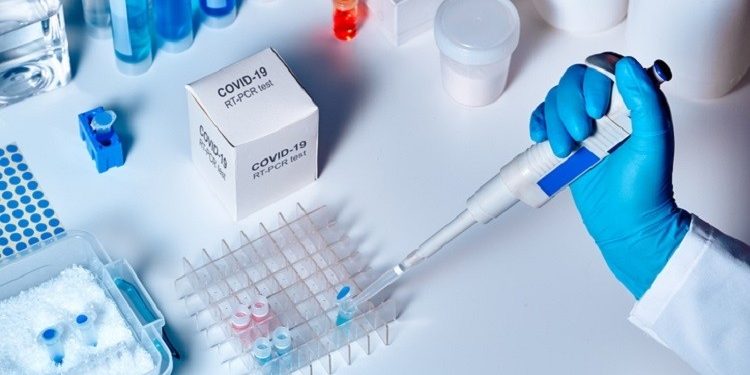Singapore: Scientists have developed a rapid test to detect antibodies in COVID-19 patients that specifically block the novel coronavirus. It is a development that may lead to faster methods for estimating the population level infection rate of the disease. However, this test will not help in curing victims.
The study has been published in the journal ‘Nature Biotechnology’. It states that a rapid test to detect neutralising antibodies is capable of blocking the novel coronavirus SARS-CoV-2. The test also determines vaccine efficacy during clinical trials.
In order to facilitate this, the researchers, including those from the Duke-NUS Medical School in Singapore, developed a new assay. It is much faster than conventional tests for neutralising antibodies, taking only one or two hours to complete.
They said the new method, validated in two groups of patients who had COVID-19 from Singapore and Nanjing, China, does not require the use of the live virus.
According to the scientists, the current gold standard assay for detecting neutralising antibodies requires the handling of live SARS-CoV-2 in a bio-safety level three laboratory containment facility, and is time-consuming, taking two-four days to complete.
Another method involving a pseudovirus-based neutralisation test to detect such antibodies can be done in a bio-safety level two laboratory, they said, but added that this too requires the use of live viruses and cells.
In the current research, the scientists Lin-Fa Wang, Danielle Anderson, and their colleagues designed a surrogate virus neutralisation test that does not require the use of any live virus or cells.
“The surrogate virus neutralisation test does not require bio-safety level three containment, making it broadly accessible to the wider community for both research and clinical applications,” the researchers wrote in the study.
They said the new test takes only one to two hours to complete, and can be conducted in a bio-safety level two laboratory.
The researchers used the purified part of the viral spike protein which binds to the host cell’s surface receptor ACE2 to mimic the virus-host interaction.
According to the scientists, this interaction can be blocked by specific neutralising antibodies in patient or animal sera in a similar manner to the conventional virus neutralisation and pseudovirus-based tests.
The study noted that this assay can also differentiate neutralizing antibodies from those which bind to the spike protein, but do not block the virus.







































